
Now that it’s over I feel I can finally review Ram V’s story properly. Possibly more so than any other run on a superhero comic I’ve read, V’s Detective Comics can only really be appreciated as a whole. It was always the most common complaint in my reviews that the pacing was too slow, and that each individual issue had too little happening. I think I mostly stand by those criticisms, but so many of them seem to fall away when reading it straight through like a book instead of piecemeal over two years.
Ultimately it comes down to the conflict of comics as art and comics as a commercial product. The series is arguably misplaced in a monthly release format, but how much should that matter if the artist’s intention is to see it as a whole (or at least in distinct “acts”)? “Decompression” and “writing for trade” are topics that come up a lot when discussing modern trends in the comic industry, and maybe this is the ultimate result of that tendency. It’s almost as if you released a single, three-hour movie in ten minute chunks once a month.
However, if you can set aside the friction created by its publication schedule, the final product is something to behold. I reread the run from the beginning in preparation for this review, and Ram V’s “Nocturne” has taken on a whole new light. It was no longer difficult to keep track of the intricate web of the Orghams’ history and cast of characters with exotic, often similar sounding names. Instead, each relationship fed into one another and built up the engrossing larger narrative. Small cameos and backups that might have felt like tangents before with years between the setup and payoff now coalesce into masterfully executed arcs. It all comes together to create a sense of clear thematic cohesion and purpose unseen in Gotham since Grant Morrison’s run a decade ago.

If there’s one theme that stands out among the rest, it’s that of harmony between conflicting sides of ourselves. Oftentimes this is expressed in literal ways, whether it’s Harvey’s ever-present internal conflict between his split personality or Batman’s spiritual journey to come to terms with his inner demon during “Elegy of Sand”. Even the city itself is a story of reconciliation, where the Orghams’ attempts to “purify” its darkness is a denial of its true character.
That idea stands at the center of the finale, which picks up from last month’s cliffhanger where Queen Dariah Orgham transformed into a grotesque monster. At first it seems out of step with the rest of the story. All of that politicking and introspection ends in a monster fight? Par for the course for most comic storylines, but it would be a disappointment for this one. However, the actual fight lasts only a few pages and instead acts as a metaphorical final failing of the Orghams. In her attempt to manipulate and control the darkness of Gotham and the people within, she is subsumed by it.

The text makes this quite explicit by referencing the famous Nietzsche quote about the abyss staring back and becoming a monster when trying to fight them. She, and by extension the entire Orgham family, are the manifestation of control. They bend societies to their whims, and manipulate the people into unquestioningly looking to them for guidance. There is no room for outliers, contradictions, or weakness. Instead of embracing that which makes a people whole, they stamp it out in the name of order. But you can’t stamp it out. It’s always there, and the harder you try, the more it will fight back. Arzen’s return acts as the final refutation and moral victory over her lies and dominance. By returning from the dead and defeating his mother, he renders all her machinations a complete and utter failure.
Despite their roles as antagonists, this isn’t a story about the Orghams; they simply show the ultimate consequences of refusing to embrace one’s entire self. The central focus remains on Batman. While much of his internal character arc was resolved during “Elegy of Sand”, that inner concordance must be expressed outward as well. The Orghams had dismantled Batman as a symbol, and that image must be reconstructed. Thankfully, their Thelemus Engine has the ability to make ideas (and literary metaphors) a reality. By overwriting their fear engine with fear of himself, as well as publicly and spectacularly saving Gotham, he recreates both opposing aspects of his symbolism. He is both a beacon of hope and a terror to be feared – the synthesis that is Batman.

The restructuring of Gotham’s psyche is told through “Luftpause”, which is nominally a separate story by Dan Watters. However, unlike the backups that he wrote leading up to this issue, Luftpause is fully integrated into the main plot that cannot be easily taken on its own. Just as the characters themselves experience a synthesis of ideas, both V’s and Watters’ storylines converge as the effects of Batman’s fear spreading through the city are felt. Mr Freeze, Two-Face, The Ten-Eyed Man, and Azrael all accept their own contradictions as the wave of convergence washes over them.
Both artists, Guillem March on the main story and Christopher Mitten on Luftpause, wonderfully capture their respective tones and, like everything else in this story, weave together for a greater whole. March’s detailed realism highlights the action-packed and exciting narrative around the final confrontation between Batman and the Orghams, while Mitten’s dreamy, abstract art focuses on the psyches of the characters we’ve been following for months of backup stories. Both styles, despite their differences, allow for a singular experience that takes you in and out of the headspace for what their respective narratives demand.
Recommended If
- Stories should have closure that finalize and highlight the themes they’ve built up
- You want a story that focuses on the idea of Batman both as a hero and as an idea
- It’s the finale. It’d be absurd to not see how it all ends after two years.
Overall
Ram V’s finale to his gothic opera delivers in every way fans could hope. The long web of carefully planned ideas and themes culminate in an ending that strengthens and emphasizes everything that’s come before. While the run has often been criticized for its slow pacing, seeing everything together as a whole highlights its strengths and allows the friction of its release schedule to fade away. V’s Detective Comics will hopefully be remembered as the triumph in storytelling that it clearly is.
Score: 9/10

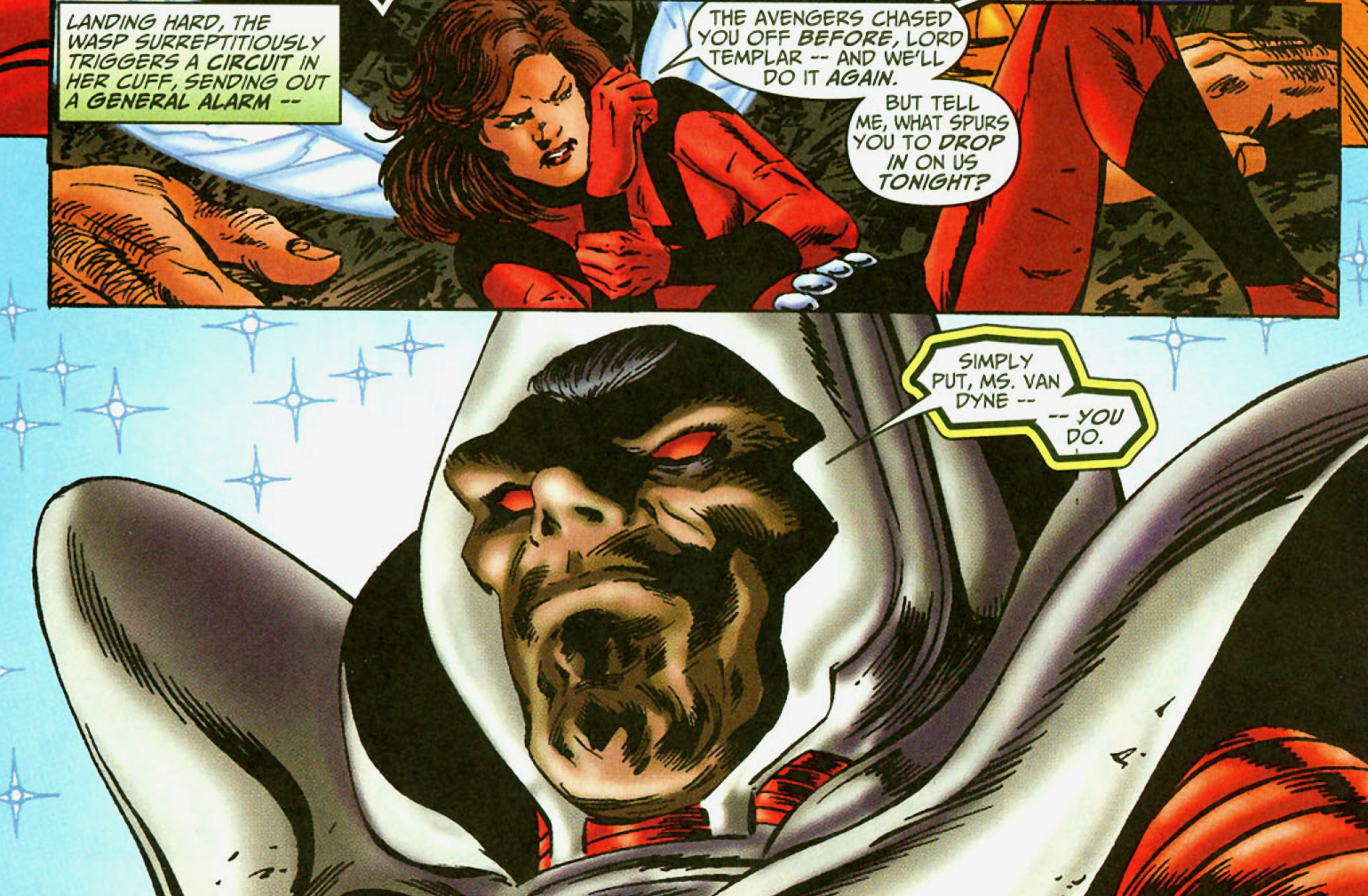




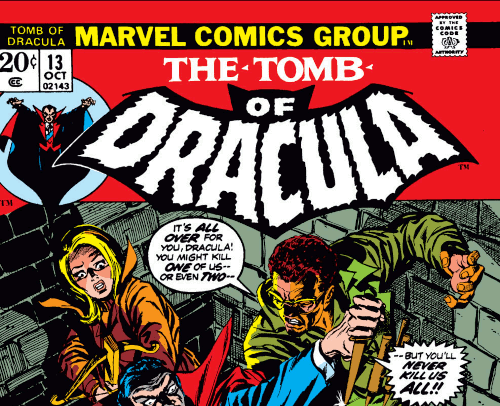
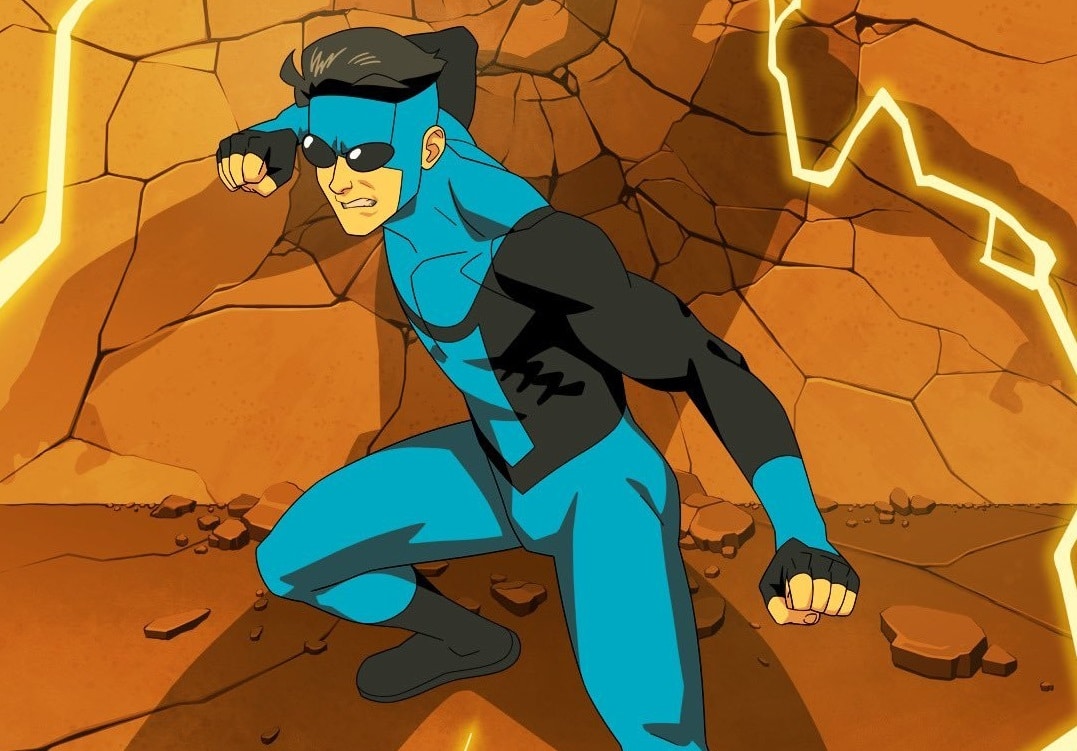


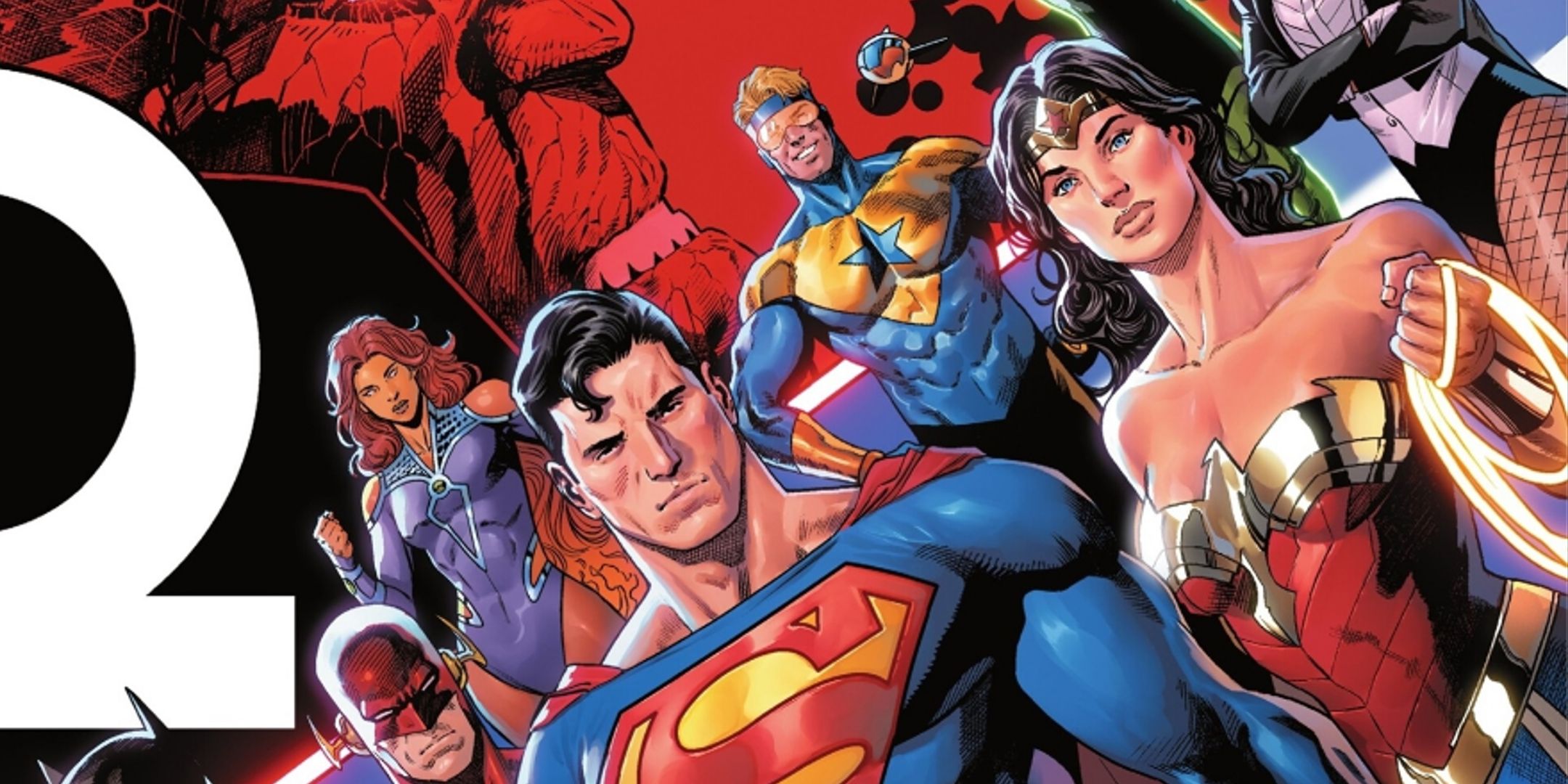
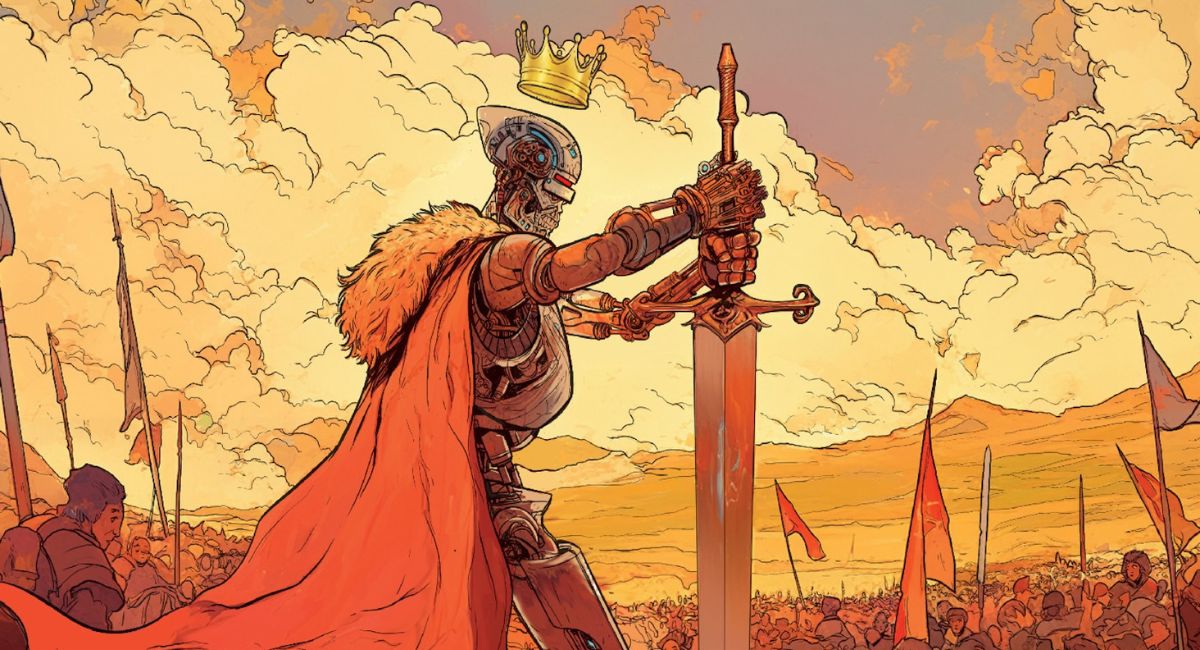


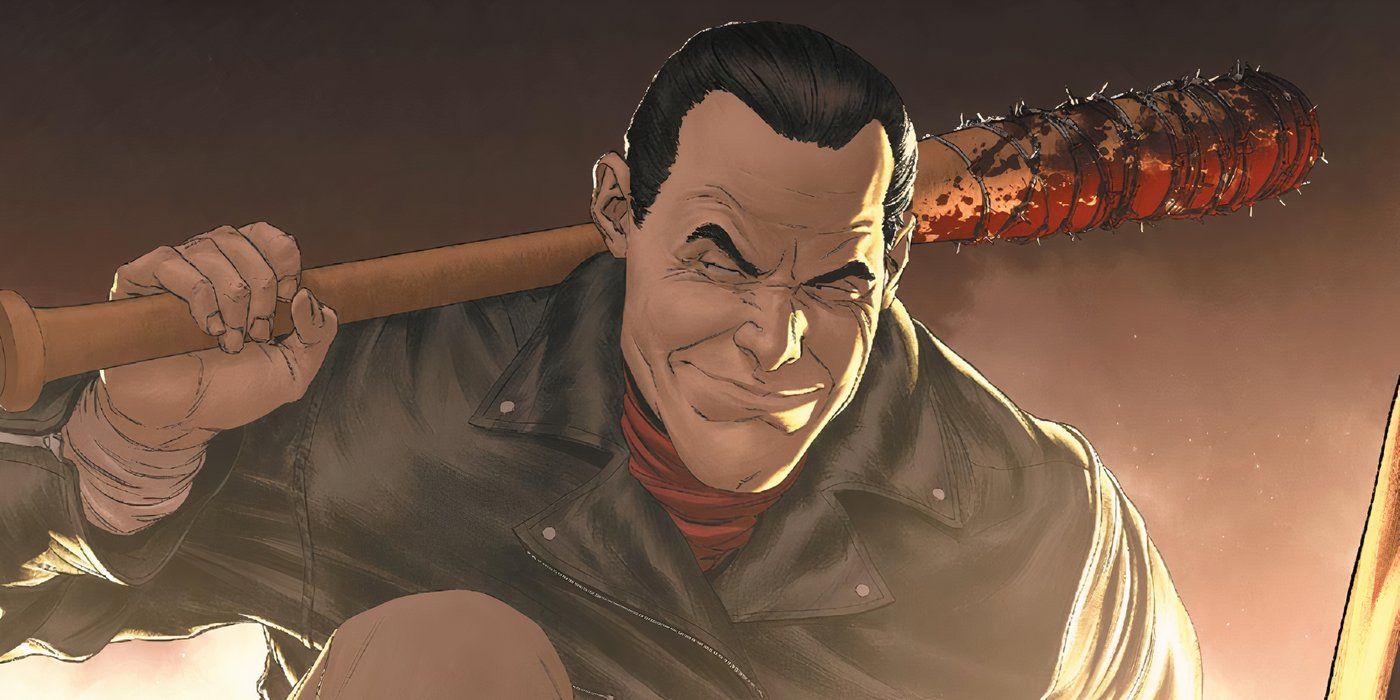




 English (US) ·
English (US) ·